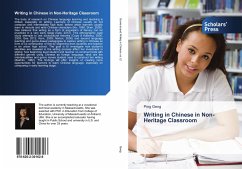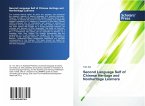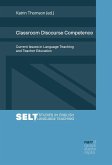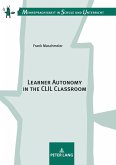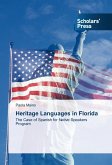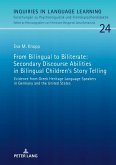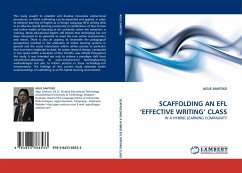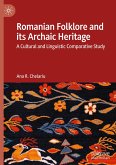The body of research on Chinese language learning and teaching is limited, especially on writing. Learners of Chinese usually do not compose until intermediate high level, before which learners usually learn to decode and write Chinese characters (Ke, 1998; Shen, 2005). Gee believes that writing as a form of acquisition of literacy can be practiced in a very early stage (Gee, 2012). This ethnographic case study attempts to use sociocultural theories (Cope & Kalantsz, 2000, 2009; Gee 2012; Kern, 2009; Norton, 2000) and second language teaching and genre-based pedagogies to explore writing in Chinese as form of co-construction of text by beginning level students and teacher in an urban high school. The goal is to investigate how student's identities are revealed in the writing process affect her investment in writing; how beginning level student and teacher co-construct texts with different genres using Chinese as foreign language; what are the intertextualities and genre moves student uses to construct her writing (Bakhtin, 1982). The findings will offer insights of creating more opportunities for learners to learn Chinese language, especially on composing in early learning stage.

